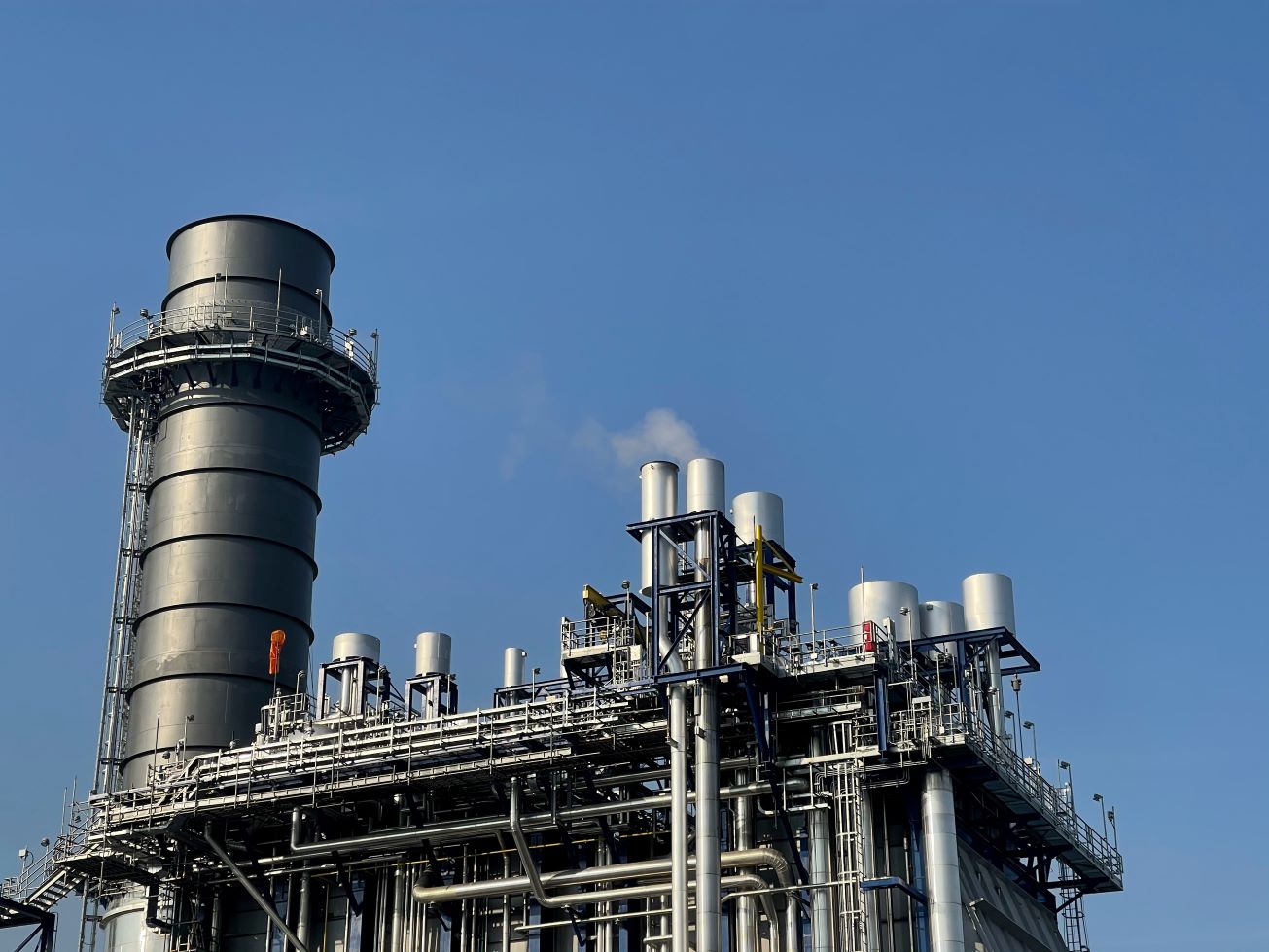In a recent collaboration, Snapdragon Chemistry, Massachusetts Institute of Technology, and Compact Membrane Systems (CMS) have developed a membrane reactor to conduct a flow chemistry ring closing metathesis (RCM) step. This work is an example of CMS membrane technology being used to enable new chemical synthesis routes and even improve existing batch reaction conversions. Previously, technology like extruded Teflon AF™ tubing is used on the lab scale to prove feasibility of new continuous reaction steps. However, extruded Teflon AF tubing can be difficult to scale up due to its brittle nature and cost. This work was designed to demonstrate a more scalable and durable solution that would work at industrial scale and lab scale alike.
A CMS membrane was used to remove the dissolved ethylene biproduct, thereby forcing the reaction to higher yield. The figure below, taken from the OPR&D paper, illustrates the effect of utilizing the membrane reactor as compared to the traditional stainless steel tubular reactor. In multiple reaction conditions, the use of a membrane increased the yield to 90% or higher in all cases.

CMS composite membranes have been designed to maximize vapor flux while maintaining their durability and efficiency. The technology is applicable to other dissolved gases like hydrogen, oxygen, carbon dioxide, and dichloromethane. While this RCM reaction was conducted in toluene, the CMS membrane stability has been demonstrated in a variety of solvents. The membrane used in this example is available in a variety of sizes in hollow fiber and flat sheet format. To learn more about CMS’s work with Snapdragon and MIT, read the full paper here.
To contact CMS about testing a membrane for your tough chemical separation, click here.
1. A Scalable Membrane Pervaporation Approach for Continuous Flow Olefin Metathesis Christopher P. Breen, Christine Parrish, Ning Shangguan, Sudip Majumdar, Hannah Murnen, Timothy F. Jamison, and Matthew M. Bio Organic Process Research & Development
Article ASAP DOI: 10.1021/acs.oprd.0c00061

